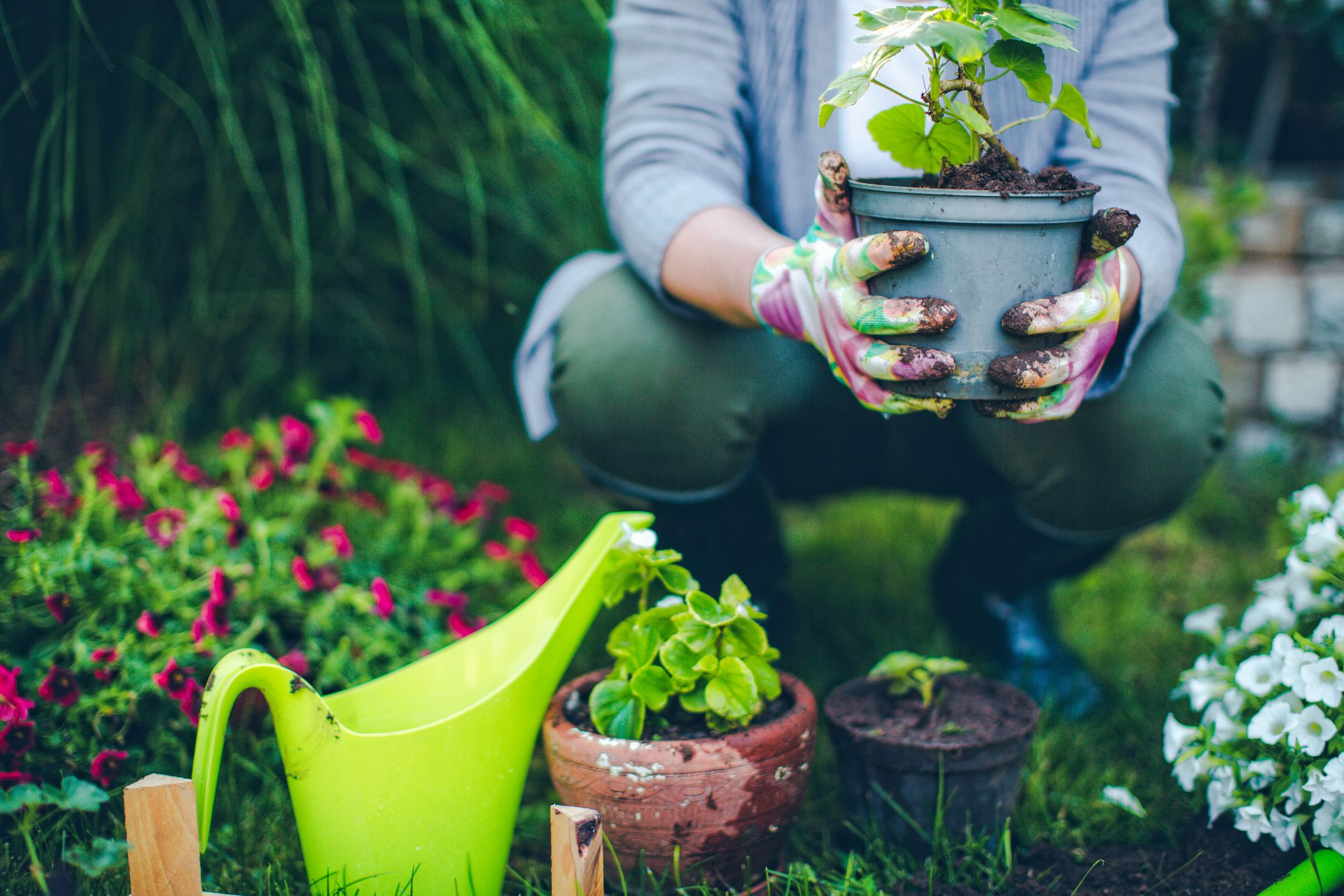Imaginative Gardening Concepts to Maximize Little Rooms and Returns
Imaginative Gardening Concepts to Maximize Little Rooms and Returns
Blog Article
Opening the Conveniences of Horticulture: A Comprehensive Look at the Different Types and Their Impact on Health
Exploring the multifaceted advantages of gardening exposes a range of methods that dramatically boost specific wellness. As we check out these varied gardening techniques, it comes to be apparent that their influence can reverberate on personal, social, and ecological degrees, prompting a better look at just how these connections form a cohesive narrative of holistic health and wellness.
Types of Gardening

Blossom horticulture, an additional preferred classification, stresses the aesthetic appeal of grown blossoms. This type can enhance landscapes and promote biodiversity by bring in helpful pollinators. Similarly, natural herb horticulture includes expanding fragrant and cooking plants, contributing both to cooking and all-natural remedies.
Container gardening deals convenience, making it possible for individuals with minimal space to take part in horticulture by making use of pots and planters. This technique is especially popular in city setups. Increased bed horticulture, on the other hand, involves creating raised stories that boost soil drain and access, making it easier for gardeners to handle their plants.
Last but not least, area horticulture promotes partnership among people in common spaces, advertising social interaction and cumulative responsibility. Each kind of gardening serves distinctive functions and accommodates different choices, making gardening a versatile activity that can be tailored to specific requirements and atmospheres.
Mental Wellness Advantages
Participating in different types of gardening not just yields tangible benefits such as fresh fruit and vegetables and stunning flowers but also supplies considerable mental wellness benefits. Research shows that horticulture can be an effective tool for lowering tension, stress and anxiety, and depression. The act of often tending to plants and growing a garden promotes a feeling of purpose and success, which can boost general psychological health.
Furthermore, gardening motivates mindfulness, as it calls for people to concentrate on the existing minute, whether it be growing seeds or nurturing growth. This mindfulness method can bring about minimized rumination and boosted state of mind stability. The direct exposure to natural surroundings during gardening has likewise been linked to enhanced cognitive working and lowered feelings of exhaustion.
Social interaction plays an important role in psychological health and wellness, and neighborhood horticulture initiatives offer possibilities for individuals to get in touch with others, fostering a sense of belonging. The shared experience of gardening can grow friendships and support networks, further strengthening psychological resilience.
Physical Wellness Benefits
Many individuals may not understand that gardening additionally provides substantial physical health advantages. Participating in gardening activities needs a series of physical activities, consisting of bending, training, excavating, and growing, which collectively add to better toughness, adaptability, and endurance. These activities can boost cardio health by promoting a raised heart rate, thus decreasing the risk of heart problem.
Additionally, gardening can serve as a moderate-intensity workout, helping individuals attain suggested exercise degrees. Researches show that routine participation in gardening can burn considerable calories-- about 200-400 calories per hour, depending upon the strength of the tasks performed. Such calorie expense is helpful for weight management and overall metabolic health and wellness.
Furthermore, exposure to sunlight throughout gardening can facilitate the synthesis of vitamin D, which plays an important role in maintaining bone health and wellness and sustaining immune feature. The act of horticulture frequently involves working with soil, which has been linked to potential psychological and physical wellness advantages due to the existence of beneficial microbes.
Social Connections Through Horticulture
The communal facets of gardening foster significant social links amongst people. Area yards, particularly, basics work as vivid hubs where individuals from varied histories integrated, growing not just plants but also partnerships. These shared areas urge cooperation, allowing individuals to exchange knowledge, skills, and resources, consequently boosting their gardening experience and fostering a feeling of belonging.
Engagement in gardening tasks commonly results in the formation of relationships and assistance networks. Individuals often unify for usual goals, such as growing seasons, harvest celebrations, or instructional workshops, which strengthen interpersonal connections and create a feeling of community. Such communications can alleviate feelings of seclusion and boost mental health, as people locate companionship and friendship in shared ventures.

Environmental Effect of Horticulture
Gardening considerably contributes to ecological sustainability in numerous means. One of one of the most noteworthy benefits is the enhancement of biodiversity. Home gardens give vital environments for numerous types, including pollinators such as and butterflies, which are vital for ecosystem health and wellness. By cultivating varied plant species, garden enthusiasts can create a balanced atmosphere that supports both flora and animals.
In addition, yards play a critical role in water preservation. Tactical landscapes, consisting of native plants and xeriscaping, minimize water usage and prevent runoff, therefore securing regional rivers like this from pollution.
Final Thought

In verdict, horticulture acts as a multifaceted activity that enhances wellness throughout numerous domains. The varied kinds of gardening-- including vegetable, flower, natural herb, container, and increased bed-- add to mental read and physical health and wellness, foster social connections, and advertise ecological sustainability. By engaging in gardening practices, people can experience improved lifestyle while also supporting area bonds and eco-friendly wellness. Inevitably, the alternative advantages of horticulture emphasize its importance as an essential element in boosting overall health.
Report this page